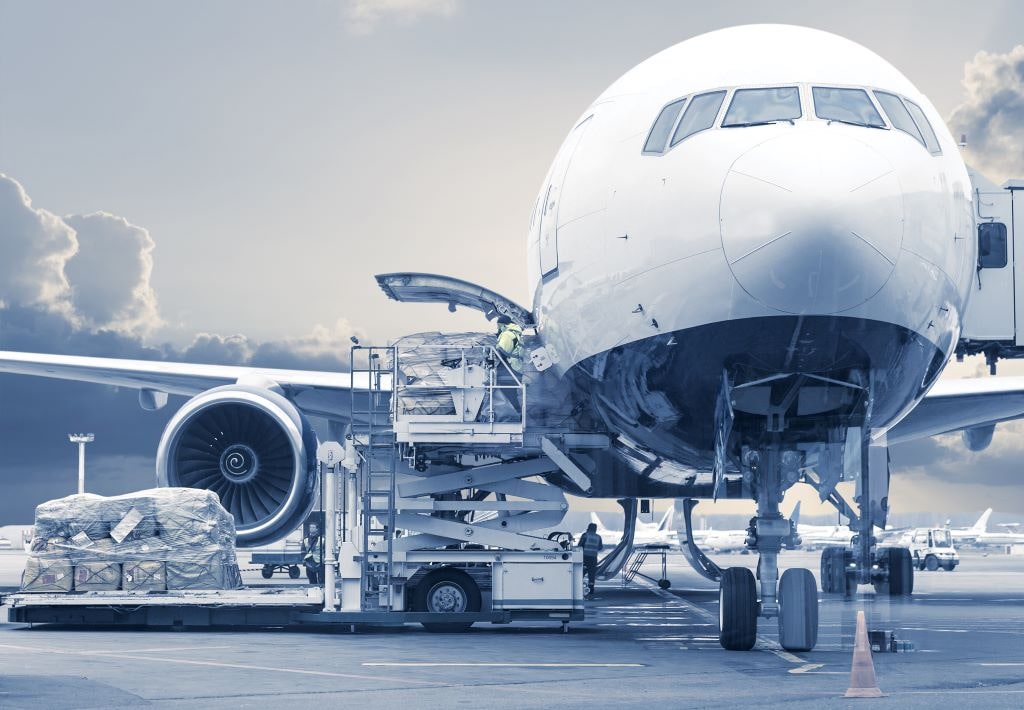Adapting to the collapse of the aircraft parts logistics supply chain
 Since the beginning of the COVID-19 pandemic, the number of daily flights across all sectors of the industry has significantly decreased and with that, like any other business in the industry, Jet Maintenance Solutions has had to adapt to the new normal we are currently living in.
Since the beginning of the COVID-19 pandemic, the number of daily flights across all sectors of the industry has significantly decreased and with that, like any other business in the industry, Jet Maintenance Solutions has had to adapt to the new normal we are currently living in.
In the pre-crisis market, some of the aircraft parts cargo that was meant of aircraft serviced by Jet MS was flown in on regular passenger jets, but as the pandemic swept across the industry, this option vanished rather quickly. To mitigate the risk of a parts shortage, the logistics department at the company began searching for alternatives that could provide Jet MS with reliable and high-quality services. Even though shipping costs rose due to limited capacity and record-high demand, having chosen an experienced freight-only carrier allowed the company to continue operations.
Additionally, Jet MS teams knew they had to adjust to this new normal as the industry saw the beginning of mitigation measures such as layoffs and capacity reductions. Previously, the market allowed for the privilege of ordering and receiving parts in just 24 hours. Today, aircraft spare parts suppliers such as OEMs have experienced slowed activity due to reduced capacities across the sector, and the downsizing of the personnel that operates and coordinates deliveries. This has negatively impacted the logistics of the sector and allowed the market to experience operational inefficiencies such as an increasing number of errors and mistakes in providing adequate documentation and precise time quotations.
All teams in Jet Maintenance Solutions were prompted to improve their operational effectiveness while working in a different-from-normal schedule as the probability and outcome of disruptions and delays rose considerably.
It is clearer now that COVID-19 not only affected passenger services but also had a profound effect on international air cargo deliveries. While some of Jet MS’s aircraft parts came from air cargo airlines and couriers, a percentage share of those deliveries shifted to ground transport means which has proved to be less time efficient and brought in new challenges to overcome.
What logistics challenges have you faced during the COVID-19 pandemic?
